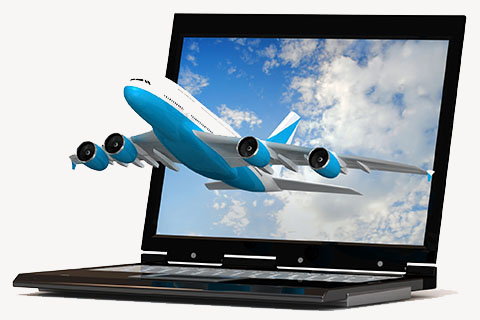The University of Miami (UM) conducts focused research to advance knowledge, enhance student learning experiences, and build its reputation in the scientific and technical communities while providing positive returns on sponsoring partners’ investments. While UM applies the principles of freedom of inquiry and open exchange of knowledge, we must also be mindful of the federal laws and regulations governing the exchange of research materials and results that are subject to export controls.
On June 12, 2019, the Vice Provost for Research, Dr. John Bixby, issued an email along with an attachment outlining fundamental best practicies in our foreign relationships and activities, along with links to statements and information provided by the federal government and other national resources. This information is also available on the Office of the Vice Provost for Research website page Foreign Influence on U.S. Research.
Recent communications from federal agencies have made it clear that there is increased scrutiny from our research sponsors regarding our relationships with foreign entities. The Foreign Engagement Guidelines will help to clarify UM's position on various activities relating to foreign entities. Further information may be obtained from the Office of Research Administration, the Office of the Vice Provost for Research, the Office of Faculty Affairs, and the Office of Technology Transfer.
On January 3, 2013, the Vice Provost for Research, Dr. John Bixby, issued a memo on the University's Policy Regarding U.S. Export Control Laws and Regulations (PDF). This memo applies to all UM employees. In addition, on February 1, 2014, UM’s Export Control Policy went into effect and applies to all UM personnel, including administrators, faculty, staff, research associates and fellows, post-doctoral fellows, student employees, students, and volunteers in all units of the University. If you have an export compliance question, or if you need to report an export control compliance issue, please email the export control mailbox at exportcontrol@miami.edu.
William J. Collins
Director, Export Control Compliance
Email: Wjc59@miami.edu
Telephone: 305-284-9558


















